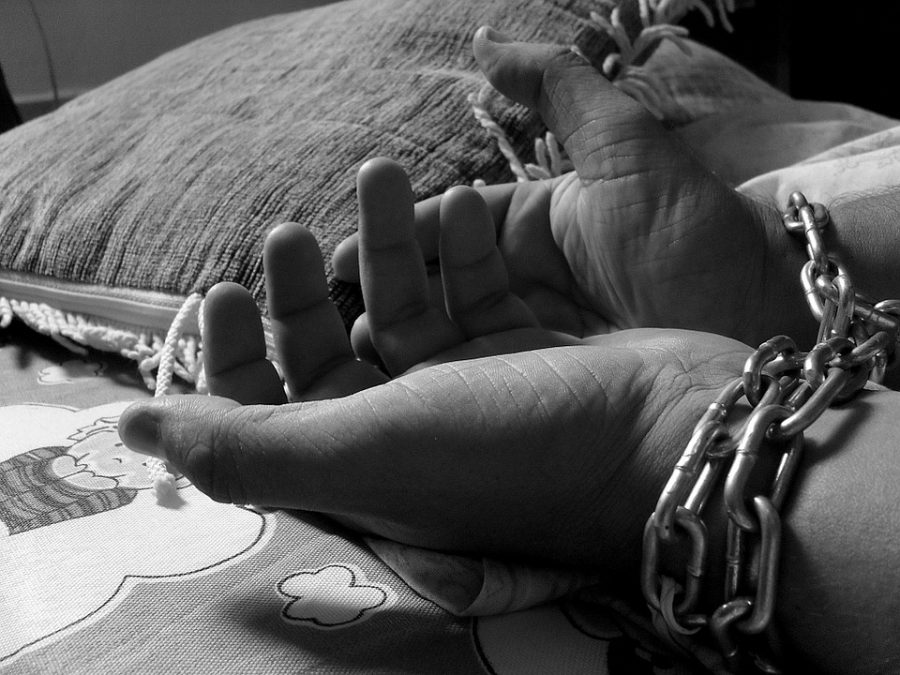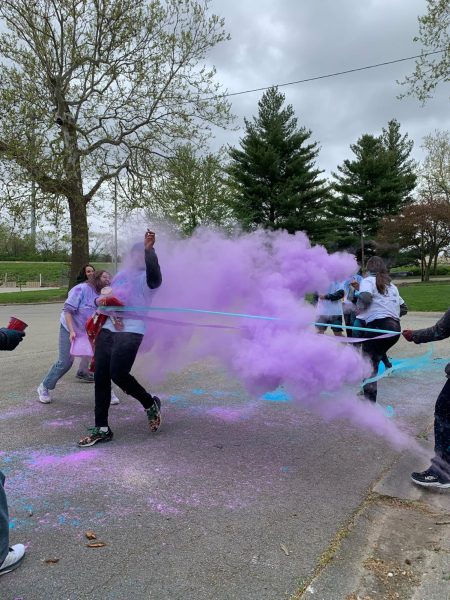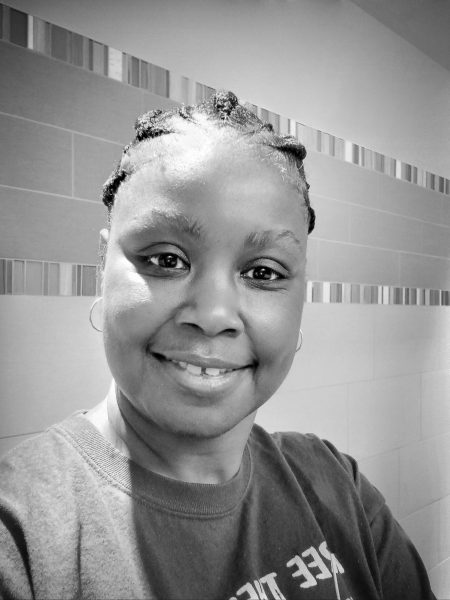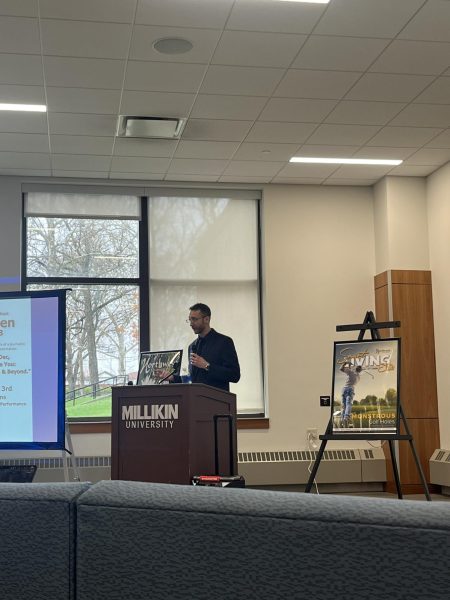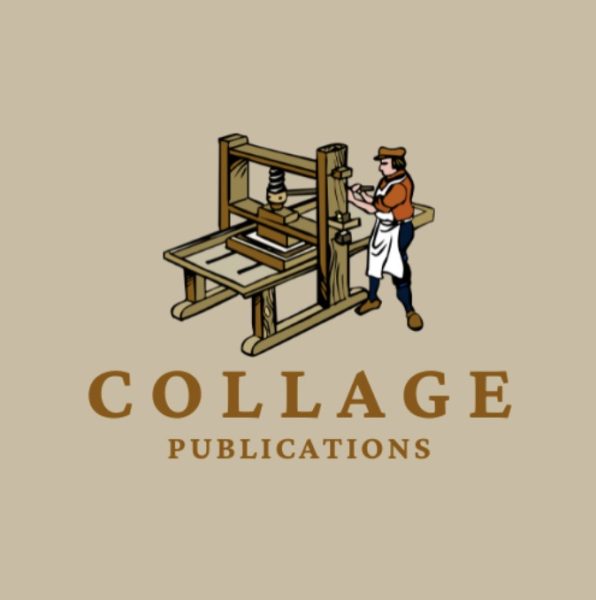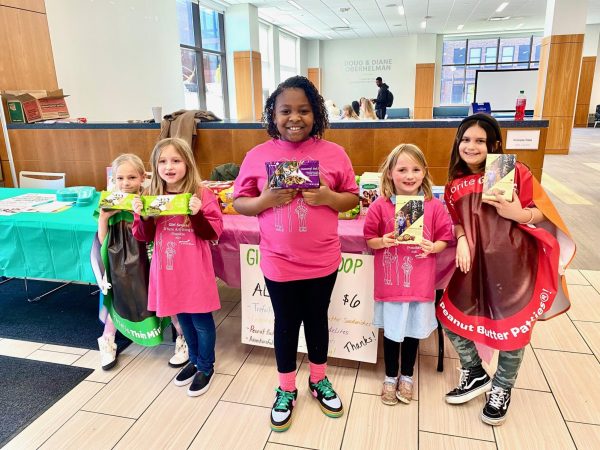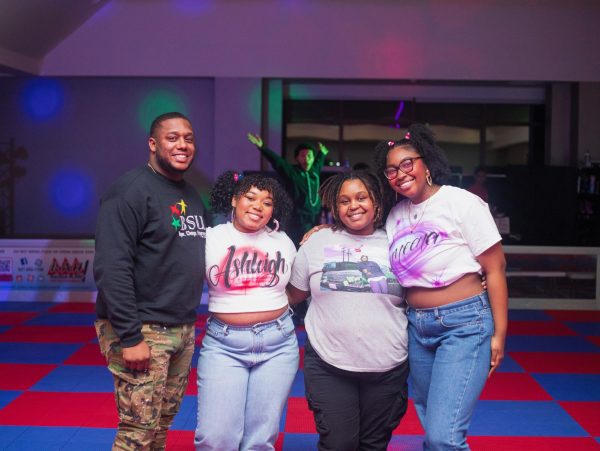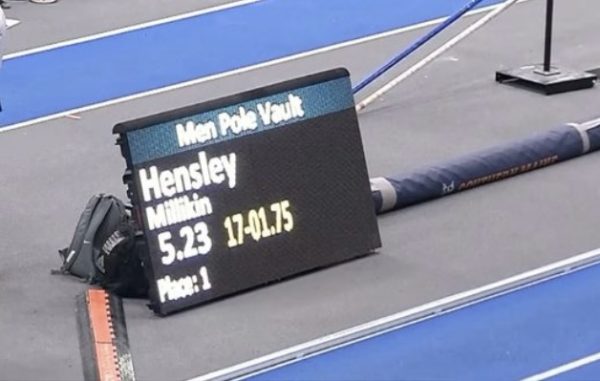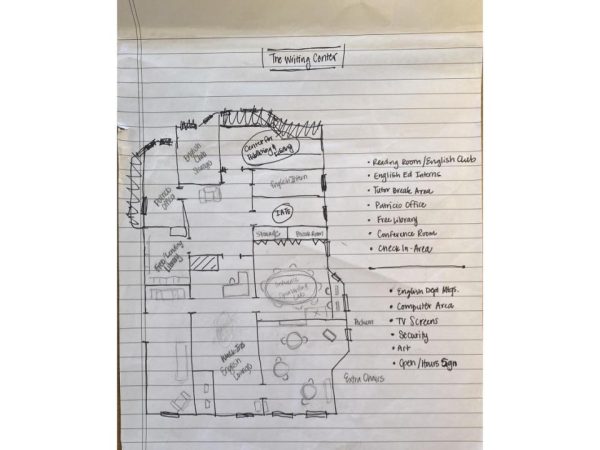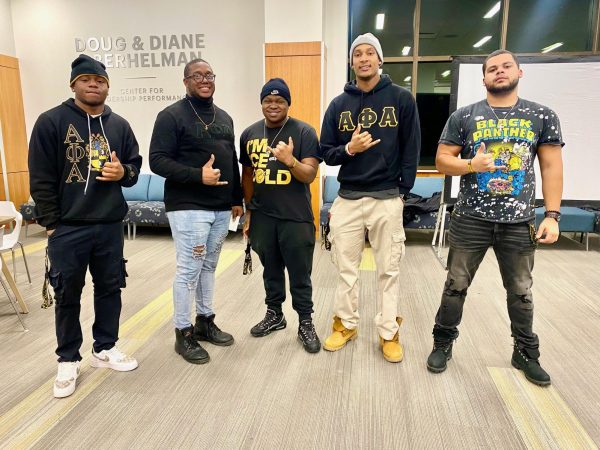Look for the Signs of Human Trafficking: You Can Help!
Stop human trafficking, the business of stealing others’ freedom for profit.
What is human trafficking? According to the 2018 Illinois Human Trafficking Task Force Report, human trafficking is the act of recruiting, harboring, moving, or obtaining a person by force, fraud, or coercion for the purpose of involuntary servitude, debt bondage, or sexual exploitation.
Online dating and communication has grown rapidly in today’s world. There are many dating and social sites that influence the idea of meeting new people online. The problem with these sites is the impact on younger children and young adults.
Many young children who are curious and vulnerable fall prey to human trafficking. Some may be at risk due to social reasons, while others are at risk due to financial need and promises.
Individuals may also fall prey during social events or when traveling alone. Predators may befriend people and force actions through threats once trust is gained. Predators build their form of manipulation by learning the patterns of the individual. Before they realize it, the victim often enters a cycle of control, fear, mental and physical abuse, and drug addiction.
Perpetrators may include, but are not limited to, those on social media (complete strangers), pimps, friends and family members, peers, gang members, international smugglers, madams, massage parlor owners, labor subcontractors, significant others, and more. Perpetrators do not carry a specific characteristic or profile.
Human trafficking for sex and labor is far too common in every country. Although illegal worldwide, this is a multibillion dollar industry. Approximately 11 years ago, it became a significant concern for Illinois.
According to the 2018 Illinois Human Trafficking Task Force Report, there were 193 human trafficking cases identified in 2017. 150 involved sex trafficking, 26 of the cases belonged to labor trafficking, 10 belonged to sex and labor, and the remaining 7 cases were unspecified.
According to the “Journal of Trauma Nursing” in 2018, there are seven known types of human trafficking. This includes, but is not limited to, commercial sexual exploitation of children and sex trafficking of minors, adult sex trafficking, forced labor trafficking, forced child labor, child soldiering, debt bondage/bonded labor, and organ trafficking.
The most vulnerable people of human trafficking cycles are young women, girls and children, and, at times, young men. It can happen to anyone regardless of gender, socioeconomic class, or race.
According to the “Journal of Legal Nurse Consulting” in 2018, there are many signs associated with victims of human trafficking. When in contact with a person, you may notice an inability to provide an address or phone number or that they are unaware of the current city or state he or she may be in. They might not have a cell phone, which limits communication for the victim. You might also see pregnancies in minors, illnesses and injuries associated with sex trades, poor dentition and malnutrition, multiple fractures or other non-correlating signs of trauma, lack of eye contact, inappropriate dress, labor-related injuries, a controlling partner (someone who provides answers for the person), and possible tattoo branding. Younger children may exhibit sexualized behaviors or language.
Victims are usually saved from trafficking due to their trafficker being arrested or if the victim is admitted to the hospital.
We can help identify human trafficking and help save lives by engaging with our peers and by asking the right questions. Pay attention to your surroundings and those within them. Don’t be afraid to ask questions or assess the situation. Most victims will not volunteer information due to shame and fear. It will be difficult to address the situation. Be creative and assure the person he or she can trust you with any information given.
If you or anyone you know are a victim of human trafficking, contact your local law enforcement or someone you trust to help you become free or free someone else. Law enforcement and emergency services are available 24/7. You can also call the National Human Trafficking Hotline toll-free at 1-888-373-7888.

